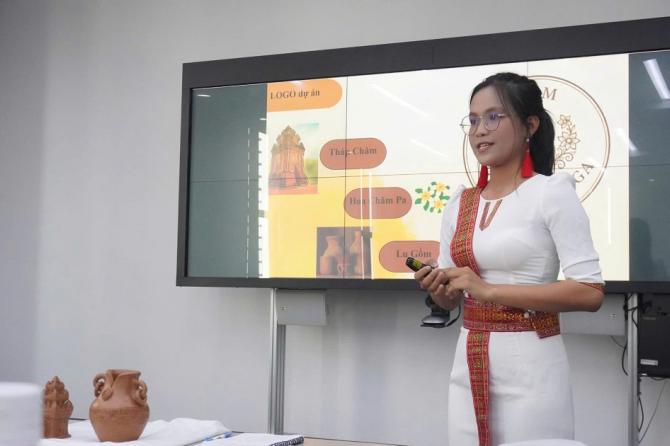Technology transfer: A new driver for innovation in the nation’s rising era
In the context of Resolution No. 57-NQ/TW dated December 22, 2024 issued by the Politburo on breakthroughs in science, technology, innovation and national digital transformation, technology transfer activities are becoming an essential pillar in the country’s development strategy.
Is the technology transfer infrastructure being improved?
Viet Nam has made significant progress in building a technology transfer ecosystem. The Ministry of Science and Technology has officially launched the Vietnamese Science and Technology Exchange Platform at https://techmarkvietnam.vn, acting as an important bridge between research institutes/universities and enterprises and the application market. This digital platform not only narrows the gap between research and practice, but also creates a transparent environment for technology transfer transactions.
At the same time, the network of technology transfer centers at universities and research institutes has been expanded, establishing a closely connected system to support the commercialization of research results.

What is the current situation and development trend of technology transfer?
According to data from the Ministry of Science and Technology, the structure of approved technology transfer contracts shows a clear concentration: the industrial sector leads with 63%, followed by agricultural and food processing with 26%, while pharmaceuticals and cosmetics account for 11%. This reflects the strategic focus on developing key industrial sectors of the national economy.
Notably, the relationship between intellectual property and technology transfer is becoming increasingly complex and multidimensional. IP-related disputes in technology transfer activities are not only increasing in number but are also more diverse in nature, requiring more sophisticated legal and governance solutions compared with two decades ago.
What are the prospects and challenges of technology transfer?
Prospects
Technology transfer is becoming an important driver in enhancing national competitiveness and promoting knowledge- and innovation-based economic growth. The development of digital technologies such as artificial intelligence, big data, IoT and blockchain is enabling faster, more accurate and more transparent technology transfer mechanisms. The increasingly popular “open innovation” model helps narrow the gap between research and practical application. Stronger linkages between universities/research institutions and enterprises enable faster commercialization of scientific knowledge, contributing to the development of a national innovation ecosystem.
Challenges
Despite its great potential, technology transfer still faces numerous barriers. The legal framework lacks coherence and the complex administrative procedures discourage many enterprises from participating. A lack of funding—especially in the commercialization phase—has left many inventions “sitting on the shelf”. Enterprises’ capacity to absorb new technologies remains limited, while the intermediary workforce (experts, technology brokerage organizations) has not developed proportionately. In addition, the gap between academic research and market needs remains a major challenge, requiring stronger engagement from the State, academia and the business sector.
In summary, technology transfer is a key driver of innovation and national development. To make a breakthrough, Vietnam needs to improve the regulatory framework, increase commercialization funding, strengthen enterprise capability and develop a strong intermediary workforce — turning technology transfer into an effective bridge between knowledge and the market.
Sources:
- Ban Chấp hành Trung ương Đảng Cộng sản Việt Nam. (2024). Nghị quyết số 57-NQ/TW ngày 22/12/2024 về phát triển khoa học, công nghệ, đổi mới sáng tạo và chuyển đổi số quốc gia đến năm 2030, tầm nhìn đến năm 2045. Hà Nội.
- Ministry of Science and Technology. (2025). Annual Report on Technology Transfer Activities 2024. Retrieved from https://techmarkvietnam.vn
- Intellectual Property and Technology Transfer Center - VNUHCM. (2025). Technology Transfer Report 2023-2025.
- NISTPASS. (2023). The Technology Transfer Ecosystem in Viet Nam - Opportunities and Challenges. Science and Technology Publishing House.




